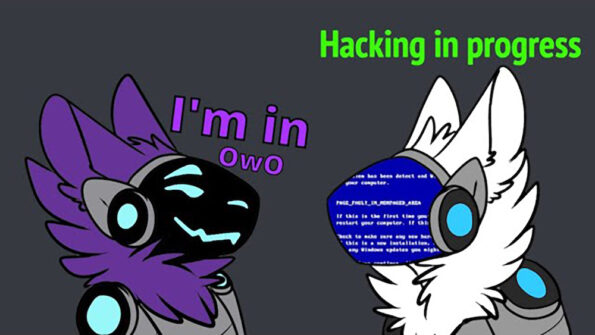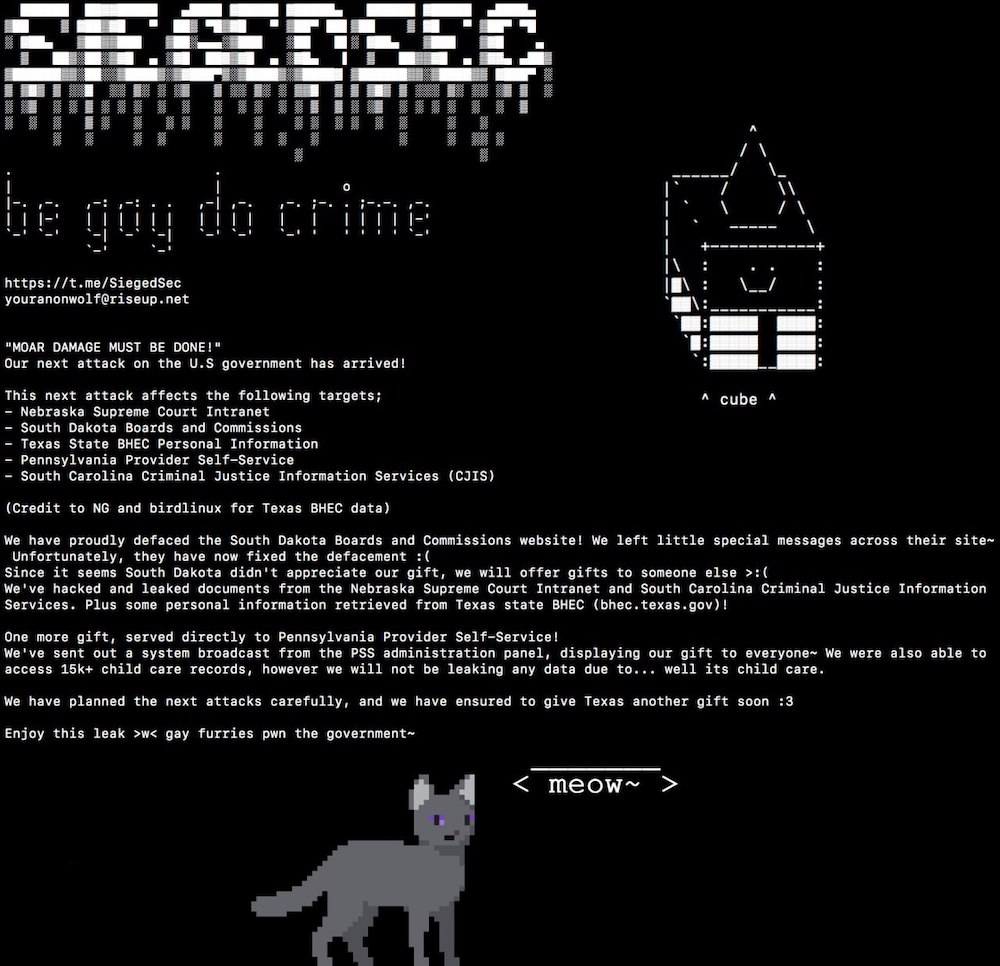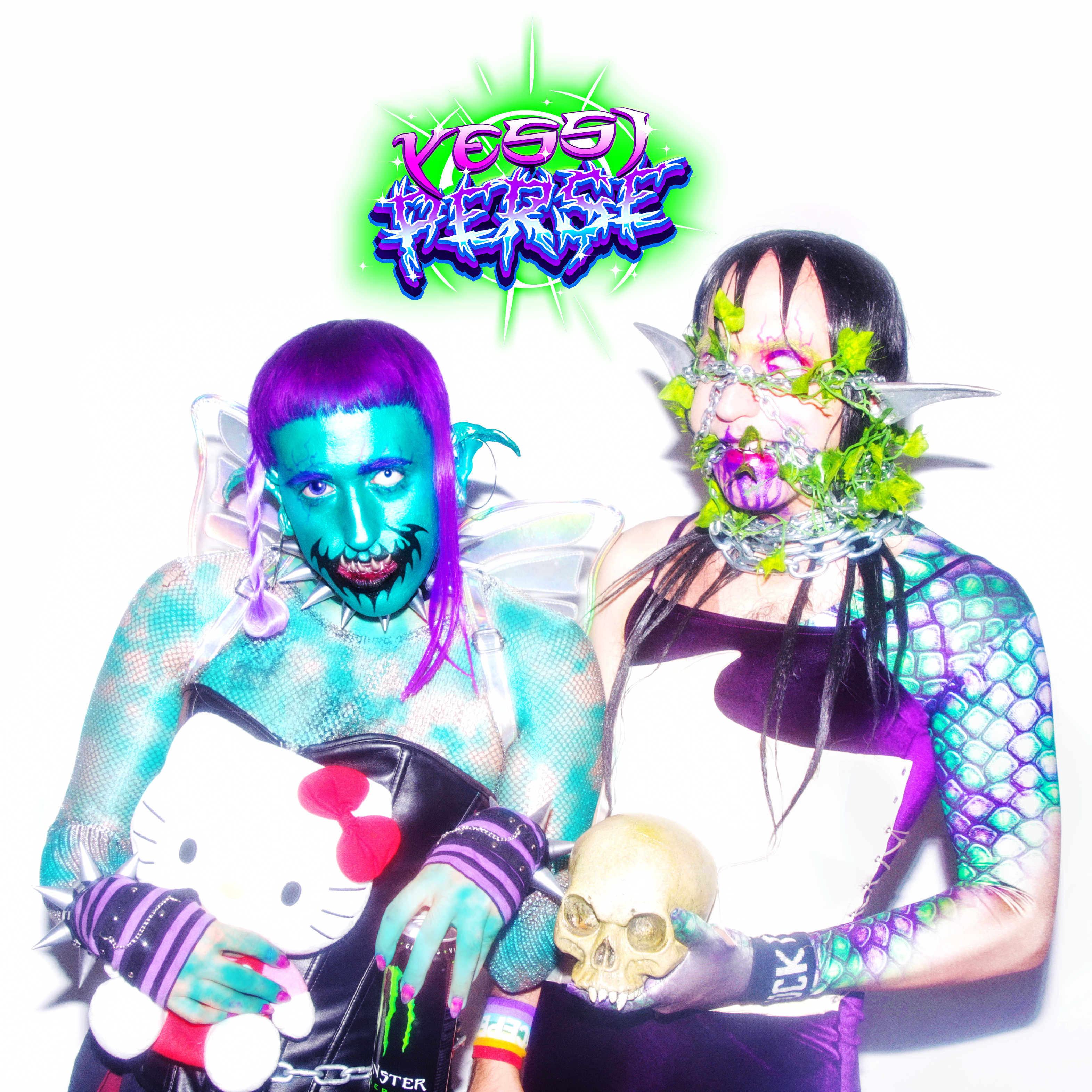Search
To search for an exact match, type the word or phrase you want in quotation marks.
A*DESK has been offering since 2002 contents about criticism and contemporary art. A*DESK has become consolidated thanks to all those who have believed in the project, all those who have followed us, debating, participating and collaborating. Many people have collaborated with A*DESK, and continue to do so. Their efforts, knowledge and belief in the project are what make it grow internationally. At A*DESK we have also generated work for over one hundred professionals in culture, from small collaborations with reviews and classes, to more prolonged and intense collaborations.
At A*DESK we believe in the need for free and universal access to culture and knowledge. We want to carry on being independent, remaining open to more ideas and opinions. If you believe in A*DESK, we need your backing to be able to continue. You can now participate in the project by supporting it. You can choose how much you want to contribute to the project.
You can decide how much you want to bring to the project.

In the corners of the Internet, where subcultures thrive, digital activists sometimes come together, forming dissident alliances and strategies for direct political action within online communities. On June 23, 2023, an unusual and powerful alliance emerged in the fight for LGBTIQ+ rights: Furry hacktivism. Under the premises “be gay, do crime”, “Treating the web like a real-life video game ;3” and “g4y furr135 4r3 h4q1ng th3 p14n37” the hacktivist group SiegedSec, self-identified as “Queer Furry Hackers”, claimed responsibility for cyberattacks on five U.S. state governments with laws that restrict LGBTIQ+ rights, especially laws that prohibit gender self-determination for trans individuals.
The hacker group SiegedSec, identified with the Furry community, used their hacking skills to uncover and disseminate confidential documents from government agencies in Nebraska, South Dakota, Texas, Pennsylvania, and South Carolina, leaking police files and contact details of judicial officials. The group justifies their hacktivism as an act of protest against legislations that discriminate against the LGBTIQ+ community, stating that their goal is to spread their political message and encourage others to do the same. These direct and radical actions aim to make resistance and opposition to oppressive governments visible.
SiegedSec emerged during the Russian invasion of Ukraine in February 2023, under the leadership of the mysterious profile @YourAnonWolf. The group first gained public attention when they leaked over seven gigabytes of data obtained from government servers in Arkansas and Kentucky to protest against anti-abortion laws after the U.S. Supreme Court overturned the Roe v. Wade ruling, which protected abortion rights in the country.
The Furry community is characterized by its interest and identification with anthropomorphic beings and creatures of any real or fantastical species, focusing on animal characters exhibiting human-like traits such as speaking, walking on two legs and wearing clothes. While the interest and representation of anthropomorphic animals have been observed in humans since ancient civilizations, the term “furry” emerged at a science fiction convention in 1980.
The term “furry fandom” is used to refer to the community of people who gather online and in physical meet-ups at conventions dedicated to this theme, known as “furcons” (a contraction of “furry” and “convention”). At these events, furry artists often attend dressed in full-body suits known as fursuits.
In recent years, furries have entered popular culture, becoming associated with the LGBTIQ+ left and consolidating their status as an aesthetic fetish. They are closely related to otherkin, a subculture that primarily exists online as a non-human identity stream, in which members identify with mythological creatures, popular culture figures, or fables (angels, demons, dragons, elves, fairies, goblins, orcs, vampires or aliens).
In the music video for the song “My Agenda” by pop artist Dorian Electra, a Furry Queer militia is depicted in fighter planes firing rainbow bombs. Dorian Electra seeks to challenge taboos about furries and encourages the audience to question why the culture generates so much cultural shock and negative criticism, often containing homophobic and transphobic comments. This audiovisual work from 2021 seems to anticipate, as a hyperstition (fiction that becomes real), the emergence of this collective of “Queer Furry Hackers” fighting against oppressive governments and discriminatory laws.
The online furry community has found fertile ground in cyberspace for organization and political action, uniting in the struggle against discrimination and intolerance. The diversity of the Internet has allowed these communities to share information, strategies, and tactics to confront laws that go against the LGBTIQ+ community.
The disclosure of hacked data, although controversial, has proven to be an effective tool for raising public awareness and pressuring governments. However, these actions have also sparked debates about the ethics of hacktivism and the responsibility of online communities.
Political radicalization and polarization in society have led to an online cultural war. Today, online responses from both the far-right and the left can be understood as responses to other responses, each responding angrily to the existence of the other. Certain online spaces like 4chan, Tumblr, and other forums facilitated political radicalization by allowing the spread of extreme ideas through memes and the formation of radicalized subcultural communities that identify with anti-establishment stances. While the Alt-Right fascist subculture of 4chan, subreddit, and now even Twitter “X” is provocative and intentionally offensive, the LGBTIQ+ otherkin subculture, especially centered around Tumblr and various metaverses like IMVU, VRChat, or Roblox, is sensitive and reactive.
In Angela Nagle’s 2017 essay “Kill All Normies: Online Culture Wars from 4chan and Tumblr to Trump and the Alt-Right” she analyzes how the 2010’s saw a resurgence of cyber-utopianism, an overflowing optimism about the transformative power of technology and social media in the political realm. From the Arab Spring to the Occupy movement and bold hacker movements like Anonymous and WikiLeaks, political events worldwide captured public attention, sparking debates about their transcendental meaning. All these events were attributed to the emergence of a new form of digital revolution.
Heather Brooke, in her 2011 work “The Revolution Will be Digitized: Dispatches from the Information War”, stated that technology was breaking down traditional social barriers of status, class, power, wealth, and geography, replacing them with an ethos of collaboration and transparency.
The left has a pro-hacker tradition centered on the Internet, influenced by thinkers like media theorist McKenzie Wark and writer-poet Hakim Bey, who advocated for the creation of pirate utopias and temporary (and, in extension, permanent) autonomous zones as spaces of social relationship unmediated by coercion, historically born out of revolt, identity celebration, or exile beyond territories assumed by the States. These ideas inspired anarchist movements and later online subcultures that advocated hacking, illegal downloading, anonymity, and experiments with Blockchain.
One of the most impactful works in hacktivist cyberculture is “A Hacker Manifesto” by transfeminist philosopher McKenzie Wark, published in 2004. An homage to Marx and Engels’ Communist Manifesto, it explores hacker culture beyond computer piracy, viewing the “hacker” as a philosophical and cultural figure involved in the production of knowledge, creating new ideas and building new worlds through the manipulation of data and information, challenging and resisting the hegemony of the “vectorial class” that controls information.
“The slogan of the hacker class is not the workers of the world united, but the workings of the world united.”
Using online platforms like Telegram, the “Queer Furry Hackers” of SiegedSec have spread their message of resistance to discrimination and oppression affecting LGBTIQ+ individuals, especially transgender people.
Recently, SiegedSec announced that they are preparing their next cyberattack targeting the government of the United States. According to their words, “We hope our attacks motivate others to protest and, hopefully, help change the laws. We know we can’t do much on our own, our intention is to provide additional support.”
Furry hacktivism is just one aspect of a broader struggle for human rights and equality. Online activism should not replace structured political action and traditional forms of fighting for human rights. While online communities can be a powerful force for change, a comprehensive approach and collaboration with organizations and activists working on the ground are necessary to achieve sustainable and lasting progress toward significant social change beyond the realm of the Internet.
“We have officially declared this as Operation Trans Rights ~ #OpTransRights,” wrote SiegedSec, concluding with a final taunt: “Enjoy this leak, gay furries dominate the government.” Now you may wonder, “SiegedSec! What if the FBI comes after you?” To that, they reply: “GOOD LUCK, WE ARE BEHIND 7 PROXIES!”
“ENJOY THIS LEAK >W< GAY FURRIES PWN THE GOVERNMENT.”
…╱|、
(˚ˎ 。7 <meow~ >
|、˜〵
じしˍ,)ノ
SiegedSec “Queer Furry Hackers” Telegram channel https://t.co/xFNZdFnaPX
♫ Queer Furry Hackers Playlist ♫
https://cryptpad.fr/file/#/2/file/WHvWRMO-eae0oQG+ifvUFKQK/
https://cryptpad.fr/file/#/2/file/BkxMdxVA4zFTJebao6wyEjQD/
https://cryptpad.fr/file/#/2/file/9cWMxiBfFAL3iLsYEjzt814K/
https://archive.org/details/revolutionwillbe0000broo_l5a9/mode/2upç
https://ia800208.us.archive.org/14/items/al_Hakim_Bey_T.A.Z._The_Temporary_Autonomous_Zone_Ontological_Anarchy_Poetic_Terror/Hakim_Bey__T.A.Z.__The_Temporary_Autonomous_Zone__Ontological_Anarchy__Poetic_Terrorism_a4.pdf
https://www.theguardian.com/us-news/2023/jun/29/siegedsec-gay-furries-group-hacked-information-six-us-states


< ¥€$Si >
< meta name= “description” content= “ YESSi PERSE (b. 2015, Internet) ,
[ Hyperstitional Interface ] ,
𝕹𝖊𝖔𝖑𝖎𝖇𝖊𝖗𝖆𝖑 𝕽𝕻𝕲 𝕮𝖍𝖆𝖗𝖆𝖈𝖙𝖊𝖗 ,
Multidimensional artists ,
Quantum DJs ,
Cybermedieval { €conomystics } ,
double-check iAvatar, YES✔Si✔ “>
<a href=“ https://www.instagram.com/yessi_perse/ “> ( ΦωΦ) </a>
<a href=“ https://soundcloud.com/yessiperse “> ♫•*¨*•.¸¸♪♬♫ </a>
< / ¥€$Si >
<script>
╭╮╱╱╭┳━━━┳━━━┳━━━╮╱╭━━━┳━━━┳━━━┳━━━┳━━━╮
┃╰╮╭╯┃╭━━┫╭━╮┃╭━╮┃╱┃╭━╮┃╭━━┫╭━╮┃╭━╮┃╭━━╯
╰╮╰╯╭┫╰━━┫╰━━┫╰━━┳╮┃╰━╯┃╰━━┫╰━╯┃╰━━┫╰━━╮
╱╰╮╭╯┃╭━━┻━━╮┣━━╮┣┫┃╭━━┫╭━━┫╭╮╭┻━━╮┃╭━━╯
╱╱┃┃╱┃╰━━┫╰━╯┃╰━╯┃┃┃┃╱╱┃╰━━┫┃┃╰┫╰━╯┃╰━━╮
╱╱╰╯╱╰━━━┻━━━┻━━━┻╯╰╯╱╱╰━━━┻╯╰━┻━━━┻━━━╯
</script>
portrait: ©Isaac Anis
"A desk is a dangerous place from which to watch the world" (John Le Carré)